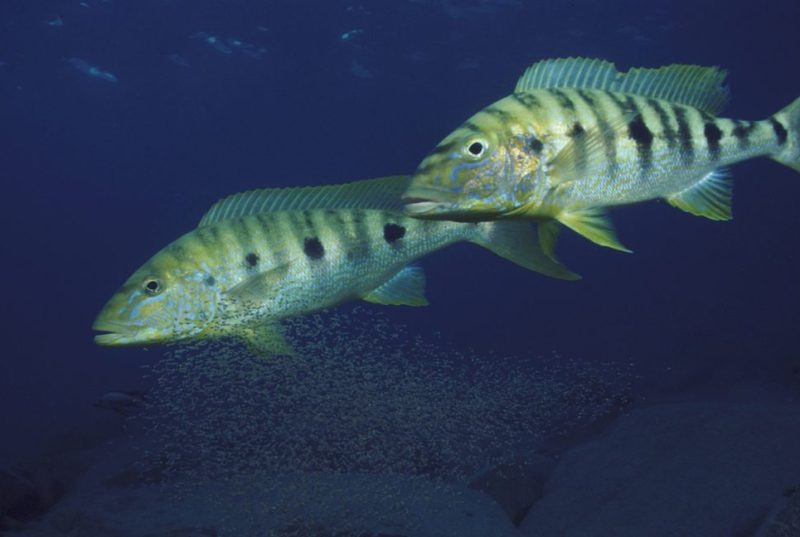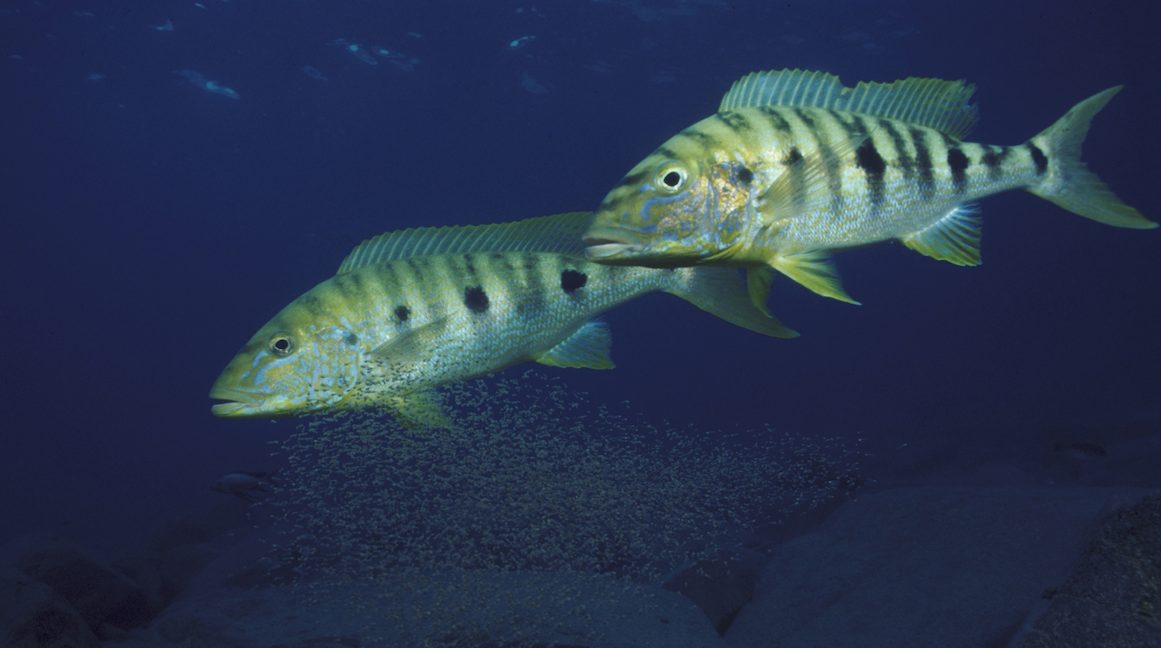
Over the past 150,000 years, more than 700 species of fish evolved in East Africa’s Lake Victoria region from the cichlid species. Meanwhile, 40 other fish species that colonized the lake at about the same time barely changed. What was so unique about the cichlid? It was a mystery that baffled researchers, as they attempted to determine just how this one fish’s biodiversity grew so rapidly.
Now researchers from the University of Wyoming, Switzerland’s University of Bern, and the Swiss Federal Institute of Aquatic Science and Technology have put forward a potential answer. In a new paper published in the journal Nature Communications, they assert that the rapid evolution of Lake Victoria cichlids was aided by earlier hybridization between two distantly related cichlid species from the Upper Nile and Congo drainage systems. “An analogy is: If you combined the pieces from two very different Lego sets—say, a tractor and an airplane—you could get a much wider variety of possible structures,” the University of Wyoming’s Catherine Wagner explains.
The cichlid evolutions include a variety of colors and adapting to different habitats (ranging from sandy lake bottoms to open waters). They even feed in a variety of ways, including scraping algae, eating plankton, foraging for insect larvae, hunting other fish, and even cracking open snail shells.
To learn more, click here. To read the full paper, click here. Below, learn about a current concern for Lake Victoria: a lack of fish in general.
—RealClearLife Staff
This article was featured in the InsideHook newsletter. Sign up now.
























